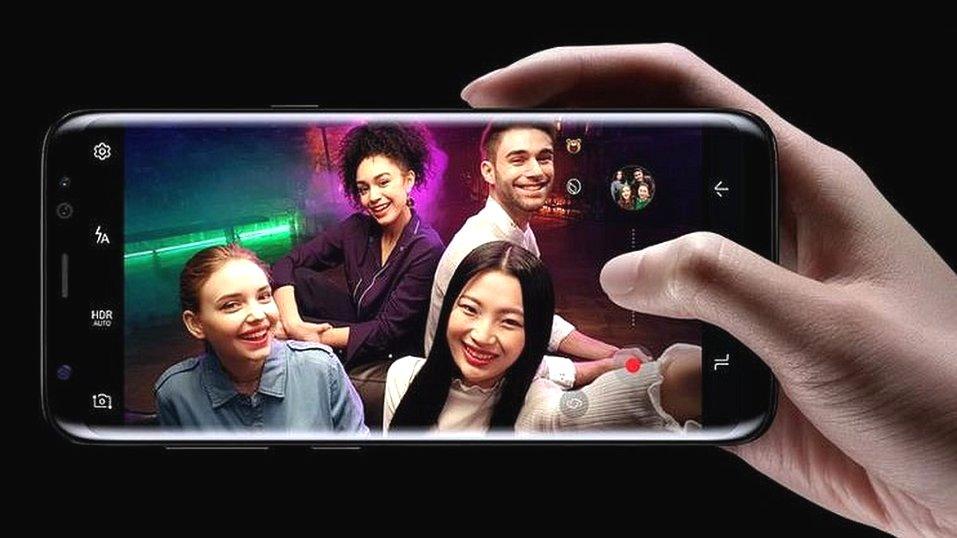Tech Tent: Elon Musk’s amazing week
- Published
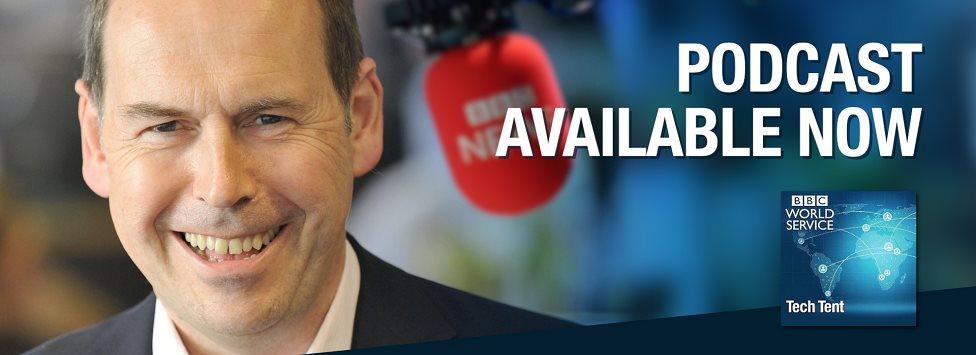
Stream the latest Tech Tent episode on the BBC website
Download, external the latest episode as a podcast
Listen to previous episodes on the BBC website
Listen live every Friday at 15:00 BST on the BBC World Service

On Tech Tent this week we focus on an extraordinary few days in the career of the tech tycoon who's been likened to the comic book superhero Iron Man.

The Space X booster fires for just over two minutes before separating and returning to Earth
We also discuss Samsung's most important new device in years, and meet one of the creative superstars of the gaming world.
Musk - who dares wins
Just about every day this week Elon Musk has been making news, On Thursday there was another landmark for his Space X business when it launched a recycled rocket and then landed the booster for a second time on an ocean platform. If the most expensive part of a rocket can be used more than once, that could transform the economics of space travel and the satellite industry.
Earlier in the week, news emerged of yet another new Musk venture with the aim of augmenting the human brain with computer technology. Neuralink, which is in its very early stages, plans to implant tiny electrodes into the brain in an attempt to treat various disorders.
And then there were more developments at his Tesla electric car business which has now attracted an investment from the Chinese tech giant Tencent. It has bought around 5% of the company's shares - and that helped propel the valuation of Tesla to around the same level as that of the Ford motor company. To put that in context, Ford has been around for 113 years and made more than 3 million cars last year, while Tesla is just 14 years old and made 84,000 cars in 2016.
We talk to the electric car analyst and long-term Musk watcher Nikki Gordon-Bloomfield on the programme. She says the market is valuing Tesla so highly because it sees it as a Silicon Valley software firm rather than a carmaker.
Investors veer between faith in Elon Musk's vision - and fear that it could all come tumbling down. Nikki Gordon-Bloomfield says Musk has teetered on the edge of disaster many times in his career but has always been willing to bet big on his ideas, "It is the stuff of science fiction - he's willing to take those risks".
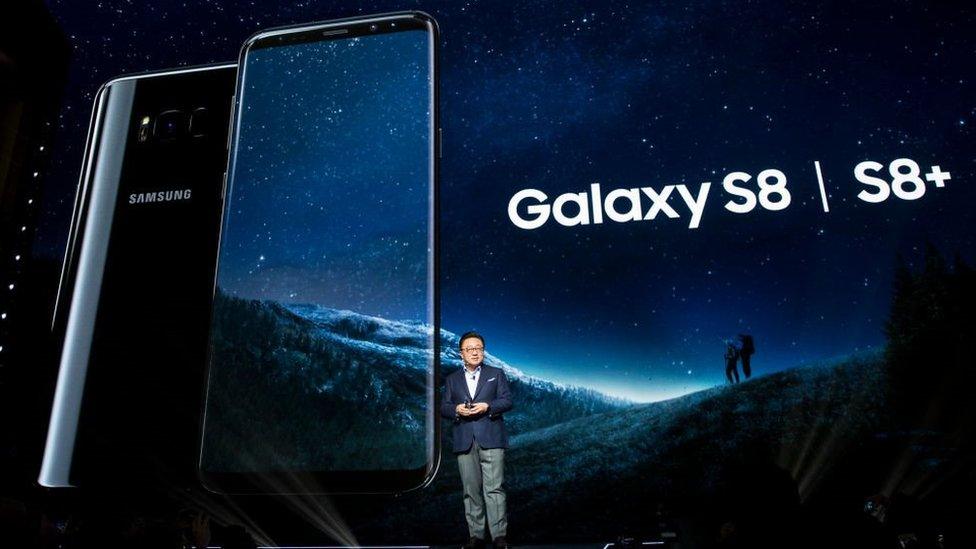
Samsung compared its new phone designs to art
Samsung's comeback device
It's also been a big week for Samsung. For the world's biggest mobile-phone-maker it has - to say the least - been a trying few months. First the Samsung Note 7 had to be withdrawn after it showed a tendency to overheat and catch fire, then the firm's boss was arrested and charged with corruption in a bribery scandal which has rocked the South Korean government. So a lot was riding on the launch of its new flagship smartphone, described by one analyst as its most important device in a decade.
In the event, the Galaxy S8, with its infinity screen and its Bixby AI assistant, got some pretty positive reviews. It is also worth noting that amid all the turmoil of recent months, the Samsung share price has sailed on to record highs.
The company's investors seem convinced by the underlying strengths of a business which, as well as making its own high-end devices, makes components for other leading smartphones. We discuss with the leading gadget pundit Jonathan Margolis whether the brand has recovered from any damage caused by the Note 7 fiasco.
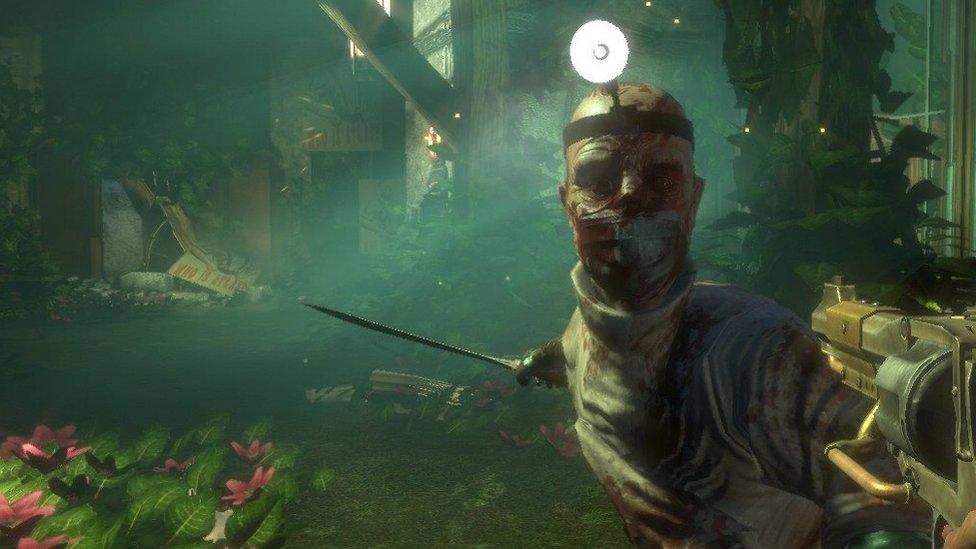
Video game legend Ken Levine was behind the Bioshock series of games
A gaming superstar
This feels like a key moment in the development of the games industry. The smartphone revolution introduced a whole new audience to games - and allowed a new wave of bedroom developers to compete on a more level playing field with the giants.
Now another new technology virtual reality has come along to shake things up again, with billions invested in a new vision of how we will experience games. We went to an event called Rezzed - part of the London Games Festival - to take the temperature of the industry.
And there we ran into a gaming legend, Ken Levine, the creator of the Bioshock series. For all the talk of VR and other innovations he's convinced that something rather old-fashioned, storytelling, is at the heart of what makes a successful game. "I come from a writing background so character and setting have always been most important to me." He says that's important to gamers too: "They want stories, they want characters but they also want a world they can participate in."
As for virtual reality, he says he's tried it and been knocked out by it - but isn't convinced it's quite there as a gaming experience yet. "These things take time to get right, I don't know as a gaming platform whether it's there yet." Ken Levine says augmented reality has already had a killer app in the form of Pokemon Go but VR is still waiting for that.
He is now at work on a new game, and there are few details yet on what form it will take - but one thing it won't be is a virtual reality experience.
- Published31 March 2017
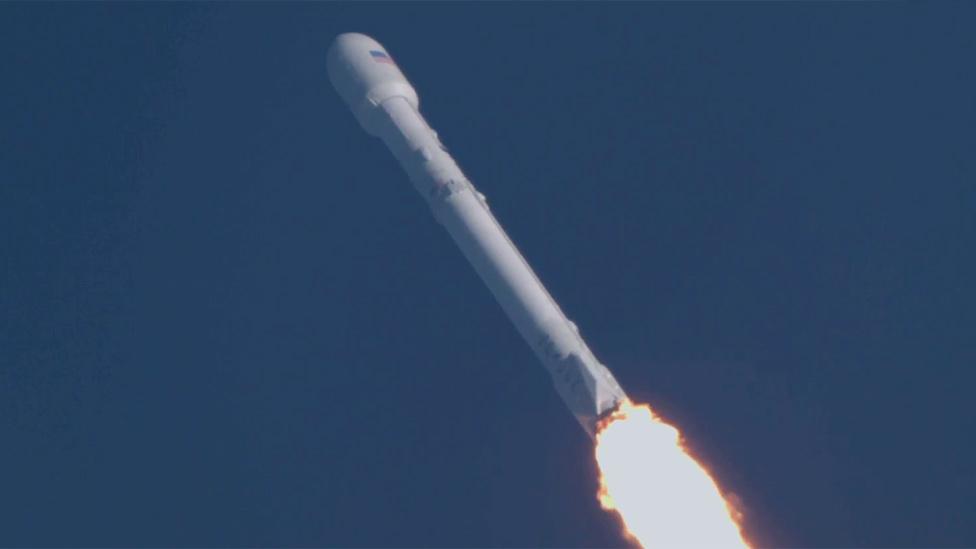
- Published29 March 2017
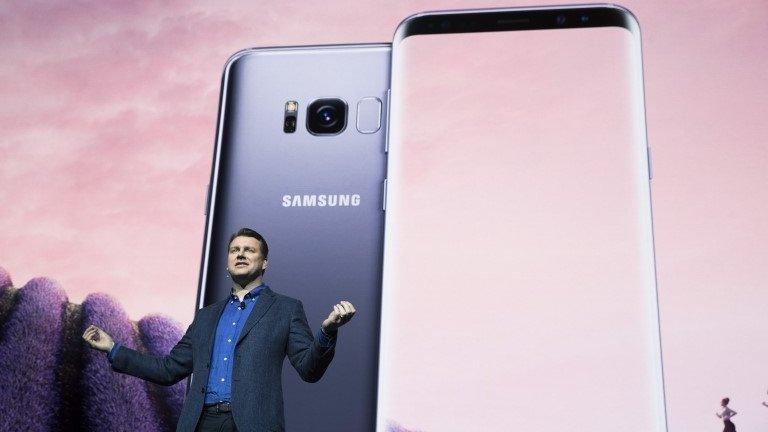
- Published29 March 2017
